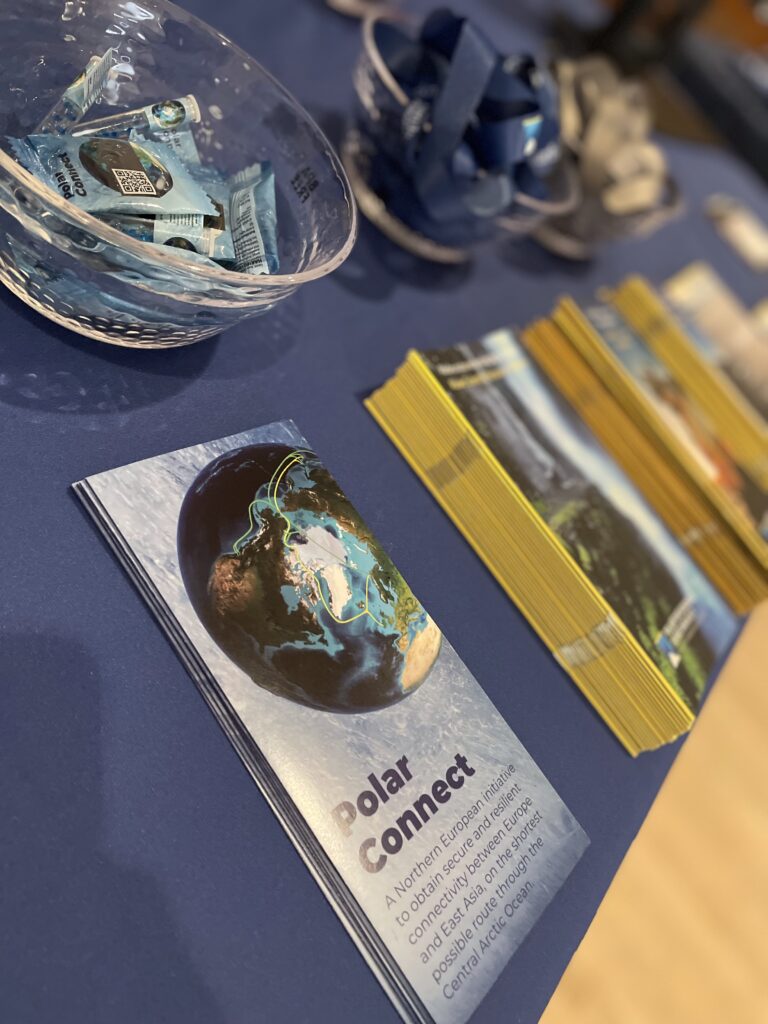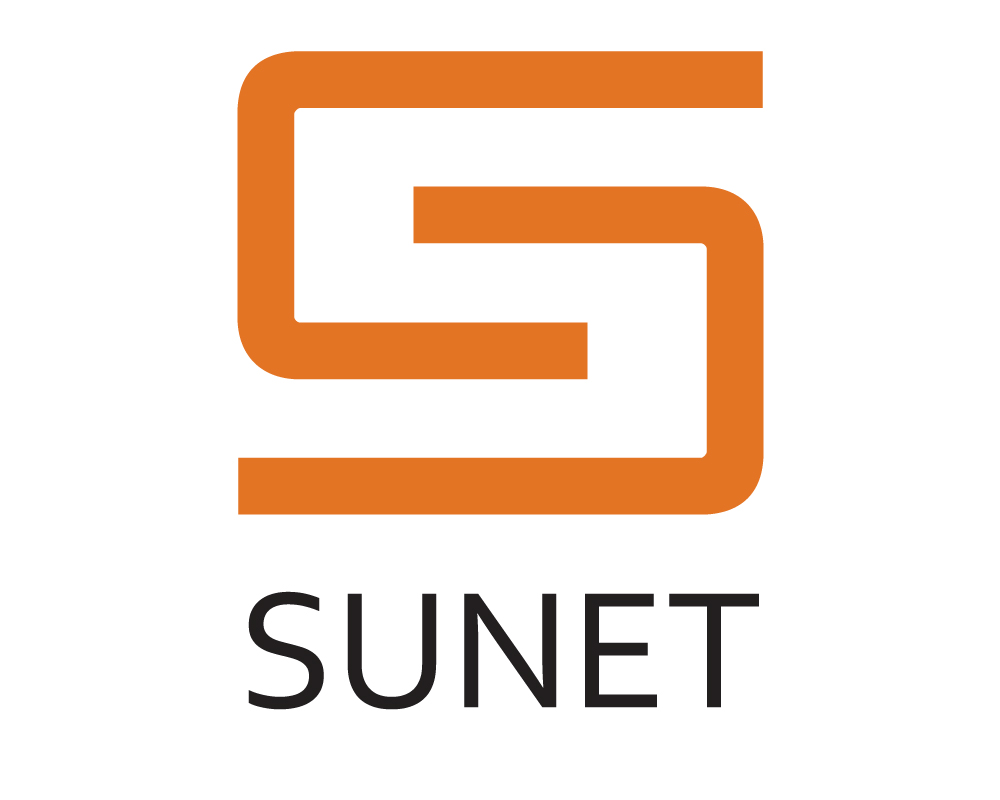The Polar Connect team participated in the Arctic Science Summit Week (ASSW) in Boulder, US, from 20–28 March 2025. The International Arctic Science Committee (IASC) organises the yearly conference to provide opportunities for coordination, cooperation and collaboration between the various scientific organisations involved in Arctic research.
This year’s summit was particularly important, as it included the International Conference of Arctic Research Planning (ICARP IV). The ICARP IV process aims to identify research priorities for the next ten years, bringing together scientists, Indigenous Peoples, policymakers, and other stakeholders. The ICARP IV summit marked an important milestone in the ICARP IV process and the preparations for the Fifth International Polar Year in 2032–33. The ICARP conferences have been organised by the International Arctic Science Committee (IASC), in cooperation with its partners, every ten years since 1995.
Polar Connect team closely followed the ASSW and ICARP IV summit, engaging through oral and poster presentations, as well as a dedicated booth. As part of the EU-co-funded North Pole Fiber project, the Polar Connect team even co-convened the session Technologies for Year-Round Observations in the Arctic Ocean within the ICARP IV summit. The session focused on emerging technologies that enable continuous data collection in the seasonally ice-covered Arctic Ocean.
Convened by Julia Muchowski, Project Leader in the North Pole Fiber project at the Swedish Polar Research Secretariat, and Benoît Pirenne, Corporate Innovation and Technology Officer at Ocean Networks Canada, the session also featured the following speakers:
- Hanne Sagen, research leader at the Nansen Center and Coordinator of the High Arctic Ocean Observation System HiAOOS
- Steen Hansen, Head of Tusass’ subsea business unit
- Matthew Fouch, President of Subsea Data Systems
The session explored current and future Arctic observing systems, focusing on planned fiber-optic submarine cables with integrated environmental sensors (SMART cables), cabled observatories, and long-term moorings. These advanced technologies will enable high-resolution, continuous, year-round data collection in the Central Arctic Ocean — opening up new opportunities for research in geophysics, climate science, oceanography, and biology. The session highlighted the practical applications, benefits, and costs of these technologies, emphasising their significance for both scientific progress and decision-making in Arctic communities.

Julia Muchowski held a presentation titled Science Engagement within Polar Connect, outlining the project’s aim to build a submarine cable between Northern Europe and East Asia via the Arctic Ocean. By integrating environmental monitoring technologies into the cable infrastructure, the project enables access to unprecedented data from the deep Central Arctic Ocean. As part of the EU-funded North Pole Fiber project, scientists have been invited to participate in discussions to identify needs and opportunities for data collection along the planned cable route. Insights from these engagements were presented, while the dialogue continues.
Polar Connect team’s participation in the Arctic Science Summit Week 2025 contributed to a deeper understanding of how technological solutions – such as SMART submarine cables with integrated environmental sensors – can play a key role in Arctic research. The ‘Technologies for Year-Round Observations in the Arctic Ocean’ session demonstrated how technological innovation advance scientific insights and strengthen evidence-based decision-making in the Arctic.




